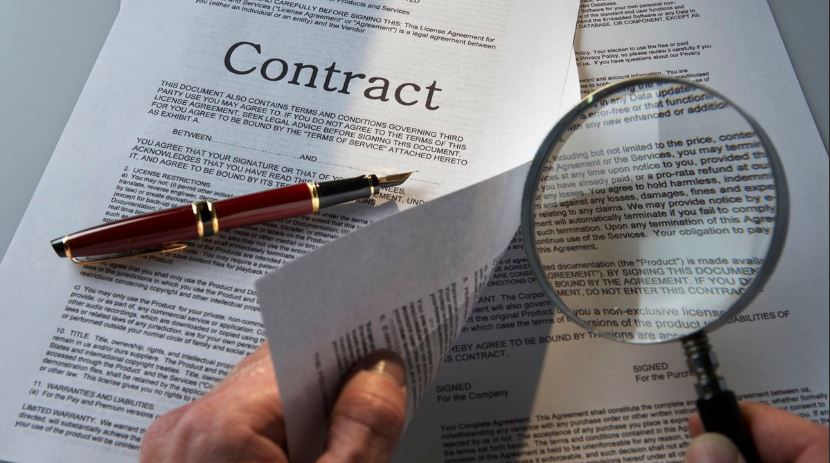Legal Deed Drafting
Legal drafting is a process for producing well-structured documents that have legal force on the parties to them, such as petitions, memoranda, contracts, wills, and statutes. Legal drafts are the term used to describe such documents generally.
Having a solid knowledge of the language is the first step in developing legal drafting skills. A lawyer must link together his sentences like pearls on a string! Legal paperwork must be perfect and error-free.
A legal deed, such as a contract, written declaration, or affidavit, has two purposes: it informs the client, a counterparty, and even the court about the legal issue and engages them in the discussion. It becomes crucial for attorneys to carefully craft all legal documents, accurately depict all pivotal details, and appeal to the general public with their content.
Drafting in legal matters is of much significance as it is not only technical drafting but also deals with the valuable rights of the parties and any slipup, how minor that is, could be much vital in the future course of events. Legal drafting mainly is of two kinds. One is pleadings and the other is deed drafting. Pleading is the drafting that relates to court cases. Whereas, deed drafting is the drafting of legal documents which creates certain rights. Such as MOUs, contracts, agreements to sell, sale deeds, rent deeds, employment contracts etcetera.

Deed Drafting is a very skillful art and one cannot take it casually. While drafting documents it is to be kept in mind that the document which is being drafted has long-term consequences for all times to come. Most of the time these documents contain very valuable rights and are to be drafted comprehensively, mentioning all the relevant details, howsoever minute that is, in the document.
Our professional attorneys at InteraLegem S&N Law Firm are much experienced and skilled in drafting Contracts, MOU, and deeds. At the time of drafting a document, we make sure that it is all-inclusive and covers the future rights of the parties to the document in a manner, as required by the client and the relevant law so that it may serve its purpose in the true sense.
